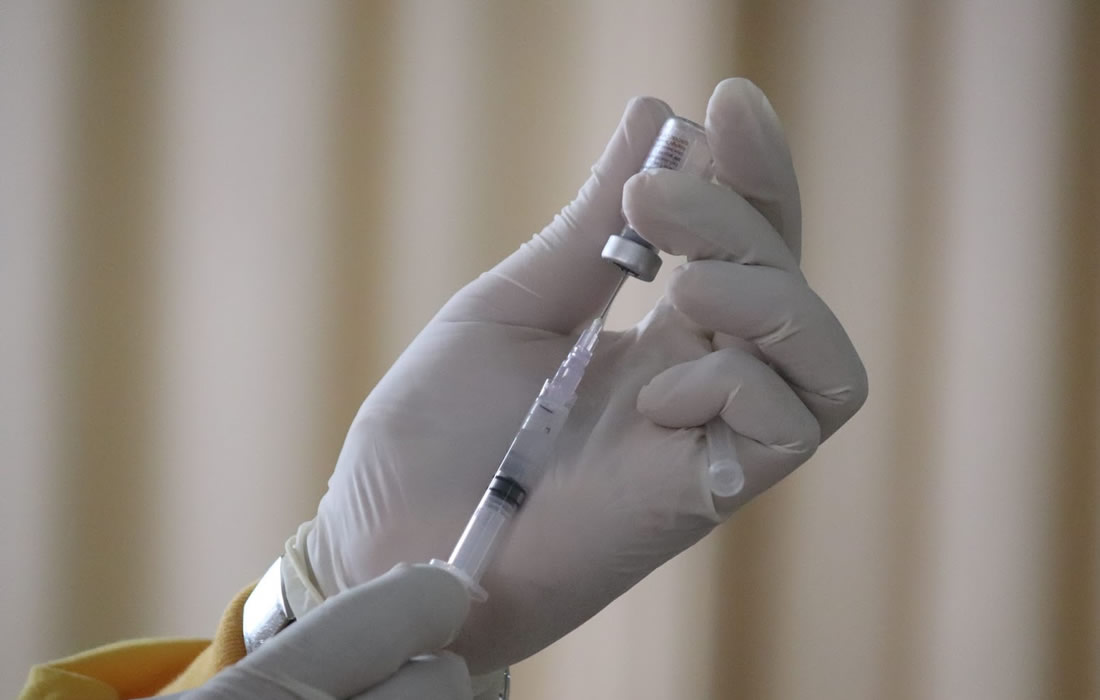Regenerative Medicine News and General Information
New Therapy to Fight Blood Clots
Various medical circumstances, including heart attacks and extreme cases of COVID-19, necessitate the use of anticoagulants, medicines that prevent blood clots. But the most commonly used, heparin, can induce potentially fatal side effects by making the blood clots worse rather than better. For the first time, researchers have proposed a side-effect-free anticoagulating treatment that has so far proved effective in test mice and could be ready for human trials in just a few years.
One aspect of some extreme cases of COVID-19 that has not been widely reported is the complication brought on when the anticoagulant medicine heparin is used in an attempt to reduce blood clots in patients. A small number — up to 3% of recipients — suffer the side effect of heparin-induced thrombocytopenia (HIT), a potentially fatal and rapid clotting of the blood, the opposite of the intended effect.
“The best treatment for HIT is an infusion of what are called thrombin inhibitors, but current drugs can lead to severe bleeding and there is no antidote to avoid this,” said Associate Professor Keitaro Yoshimoto. “Ideally, we could avoid HIT altogether. But at present, that is not possible, so we need a new low-risk thrombin inhibitor to replace current drugs. My team and I have created such an anticoagulant and have demonstrated it in mice and also in human blood plasma.”
The team devised a next-generation thrombin inhibitor consisting of DNA molecules which includes a novel mechanism to prevent the severe bleeding. The key molecule in the drug is called a bispecific aptamer and its special feature is being able to bind to multiple things simultaneously. Another useful feature is short DNA sections which act as an antidote to the undesirable clotting side effect during HIT. This DNA-based drug essentially enables more complex behaviors than drugs based on simpler, more traditional chemistry. From their studies in mice, the team has shown the treatment is around 10 times as effective as the current best treatments for HIT. An additional benefit to pregnant women is that the nucleic acid-based drug and accompanying antidote do not cross the placenta to the fetus, as the DNA molecules in the drug are too large to cross the barrier presented by the placenta.
“We hope to proceed with human trials soon,” said Yoshimoto. “It will take up to two years for preclinical studies and five years to complete clinical trials in humans. Though the number of HIT sufferers is small, it’s such a severe condition I feel it’s important we tackle it quickly.”
Sources:
Masanobu Nagano, Kazuki Kubota, Asuka Sakata, Rei Nakamura, Toru Yoshitomi, Koji Wakui, Keitaro Yoshimoto. A neutralizable dimeric anti-thrombin aptamer with potent anticoagulant activity in mice. Molecular Therapy – Nucleic Acids, 2023; 33: 762 DOI: 10.1016/j.omtn.2023.07.038
University of Tokyo. “A new DNA drug to fight blood clots: A potential new and less risky treatment for thrombosis.” ScienceDaily. ScienceDaily, 21 August 2023. <www.sciencedaily.com/releases/2023/08/230821114401.htm>.
Images from:
Photo by Mufid Manjun
https://unsplash.com/photos/cM1aU42FnRg

